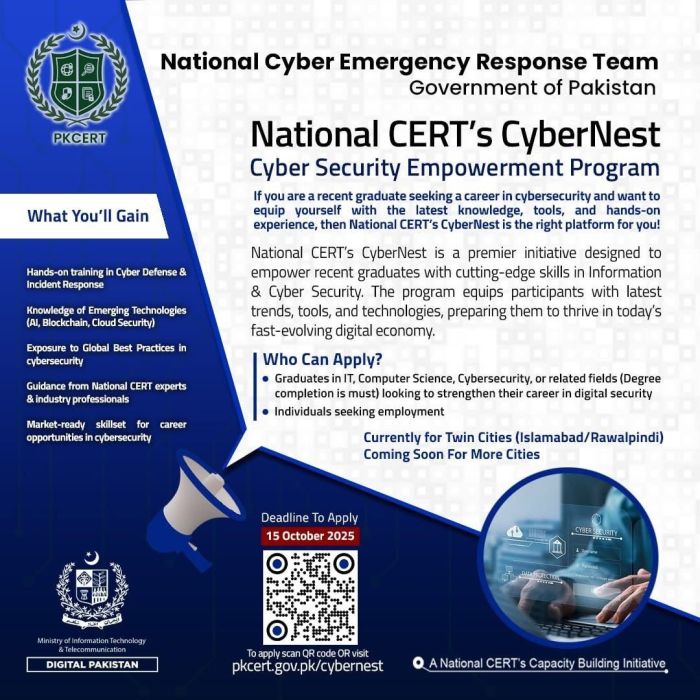The Vital Role of Employability Skills in Healthcare Sector
Posted 1 year agoOrganizations always pursue top talent to sustain and thrive in today's competitive environment. Nowhere is this more evident than in the healthcare sector, where the demand for employability skills transcends the basic requirements of performing a job. These skills form the backbone of any service-oriented organization, directly impacting patient care at both the front and back ends. Despite the critical nature of these skills, it's crucial to be informed that more research and training are needed to focus on employability skills within developing and less developed healthcare sector.
The concept of employability skills extends far beyond the minimal competencies required to perform job duties. For the healthcare industry, which directly interfaces with patients, it is essential to ensure that staff are continuously trained in the right skills. Practical training necessitates identifying specific skills required for various job profiles and providing regular training and constructive feedback. This editorial highlights the critical employability skills necessary for the healthcare sector, emphasizing the often-overlooked areas such as Information and Communication Technology (ICT) and work psychology, which are increasingly vital in today's technologically driven workplace.
Communication is not just a fundamental personal skill, but it's the decisive pivot of the global business environment and indispensable in healthcare. Effective communication fosters constructive relationships, encourages goal-setting, reduces turnover, and enhances employee skill development. In healthcare, various forms of communication, including oral, written, active listening, and nonverbal, are not just critical, they are the essence of our work. Active listening, in particular, is essential for successful patient interactions. Therefore, healthcare organizations must prioritize the systematic and organized teaching of communication skills, combining practice with regular feedback.
With the healthcare industry undergoing rapid modernization, proficiency in ICT has become necessary. ICT encompasses various technological tools and resources for effective communication and operational efficiency. Healthcare professionals must be adept at using essential ICT tools such as Microsoft Office, email, and the Internet. Training in ICT not only equips employees to handle workplace challenges but also enhances their overall productivity and job satisfaction.
The healthcare industry is characterized by its global reach, requiring professionals to work in diverse environments. Work psychology encompasses various aspects, including professionalism, work ethics, cultural awareness, and adaptability. It also involves soft skills like conflict management, loyalty, accountability, and maintaining a positive work-life balance. These attributes are crucial for fostering a productive and harmonious workplace, essential for the high-pressure healthcare environment.
Teamwork is critical in healthcare, where patient outcomes depend on effective interdisciplinary collaboration. Despite its importance, more teamwork skills training needs to be provided. High-fidelity simulation has emerged as a valuable tool for training in high-risk environments, reducing errors in intensive care, trauma care, and operating rooms. Healthcare organizations must emphasize cooperative and collaborative teamwork to enhance productivity and profitability.
Interpersonal skills play important role in fostering positive relationships within healthcare settings. These skills include empathy, effective communication, and working collectively towards common goals. Strong interpersonal skills ensure smooth operations and a supportive work environment, crucial for patient care and staff morale.
Critical thinking and problem-solving skills provide a competitive edge in any industry, particularly in healthcare. These skills involve innovative thinking, conflict resolution, and offering novel solutions to problems. Healthcare professionals must be adept at critical thinking to handle the complexities of their work environment effectively.
Self-management skills are essential for efficiently allocating resources, including time, skills, and finances. These skills include self-awareness, self-motivation, and social skills, contributing to increased productivity and organizational efficiency.
Effective planning and organizing are fundamental at all levels of the workplace hierarchy. These skills involve setting attainable goals, managing priorities, and allocating resources appropriately. Proper planning ensures systematic achievement of organizational goals and is crucial for the healthcare sector.
Conceptual and analytical skills enable individuals to think creatively and understand complex ideas. These skills help top management view the organization as a cohesive entity, recognize inter-departmental relationships, and adapt to changing environments. Strong analytical skills are necessary for observing and analyzing situations logically and systematically.
There is significant literature on employability skills globally, there is a pressing need for focused research within the developing world healthcare sector. By prioritizing and systematically training in these essential skills, healthcare organizations can ensure better patient care, enhanced employee satisfaction, and overall organizational success





